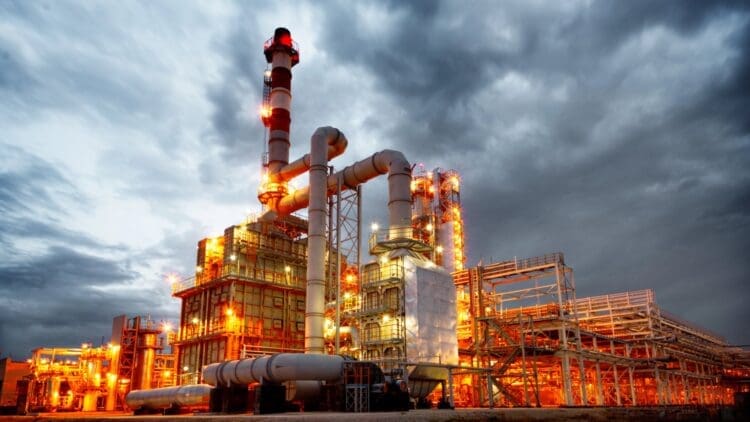The global energy market has seen several exceedingly large energy companies with extensive portfolios shifting their attention to developing a cleaner energy resource, namely biofuels. Biofuels have long been overshadowed by conventional energy production, such as gas and oil, and have even fallen to the side of the renewable energy sector as solar, wind, and nuclear gain traction across the world. However, a recent resurgence in biofuel demand has led to a number of new biofuel projects being commissioned or planned, with a new joint venture in Malaysia breaking ground on a new biorefinery.
A new joint venture has been established in Malaysia to develop a biorefinery
The Asian energy market has experienced a boom in demand for energy resources in recent months, leading to a litany of new energy projects being commissioned or planned by energy operators. With the global energy market reacting to the abrupt halting of Russian energy flow into international markets due to the new sanctions imposed on Moscow, Asia’s role in the global energy market is changing.
At a recent ceremony, a new joint venture was established between PETRONAS, Enilive SpA, and Euglena Co., Ltd, called the Pengerang Biorefinery Sdn. The new joint venture plans to build a biorefinery in Pengerang, Johor, Malaysia, with a processing capacity of up to 650,000 tonnes of renewable feedstock annually.
Feedstocks for the new biorefinery will include several types of waste, such as used vegetable oils and animal fats, and residues from the processing of vegetable oils.
“Leveraging the synergy and strength of our partnership, the new biorefinery is one of PETRONAS’ key initiatives to deliver on our energy transition strategy through a holistic bio-based value chain and an expanded suite of energy cleaner solutions. This is in lockstep with PETRONAS’ larger aspiration to become an integrated energy leader in the next decade, serving the world’s energy needs, safely, reliably and sustainably.” – PETRONAS Executive Vice President and Chief Executive Officer of Downstream, Datuk Sazali Hamzah
The strategic geographical location of the new biorefinery has not been an accident
The new joint venture has noted that the location of the Pengerang Integrated Complex (PIC) in Johor has enabled it to access key Asian markets and shipping lanes close by. Petronas’ global energy infrastructure has led the company to develop an impressive portfolio that it can lean on to develop the new biorefinery.
Along with the substantial support of its partners, the biorefinery will primarily serve the Asian market, but has the capacity to boost biofuel production to meet the expected increase in biofuel demand as the world aims to decarbonize the energy market significantly over the coming years.
“The Pengerang biorefinery, made possible by the strategic partnership with PETRONAS and Euglena, will enable acceleration of the decarbonization of transportation, and reaffirms Enilive’s commitment towards sustainable products.” – Enilive’s Chief Executive Officer, Stefano Ballista
Several other energy-rich nations have increased investments in diversifying energy production that does not rely on the conventional oil and gas sector, with petrochemicals seeing an increase in demand as well.
Cooperative projects have become a necessity for several large energy majors
The new biorefinery in Malaysia will supply essential biofuels to the Asian market, and the cooperative nature of the joint venture means that several energy companies are set to benefit from each other’s expertise and general know-how. As the global energy market sees new cross-border projects being developed in regions that previously relied on imports of essential energy resources, the all-new biorefinery in Malaysia is coming at just the right time. The ceremony that launched the Malaysian biorefinery was attended by the leaders of the Asian energy market.





